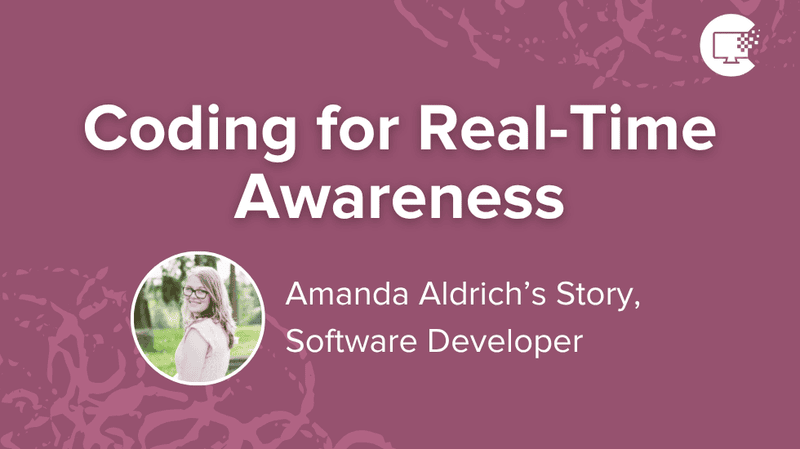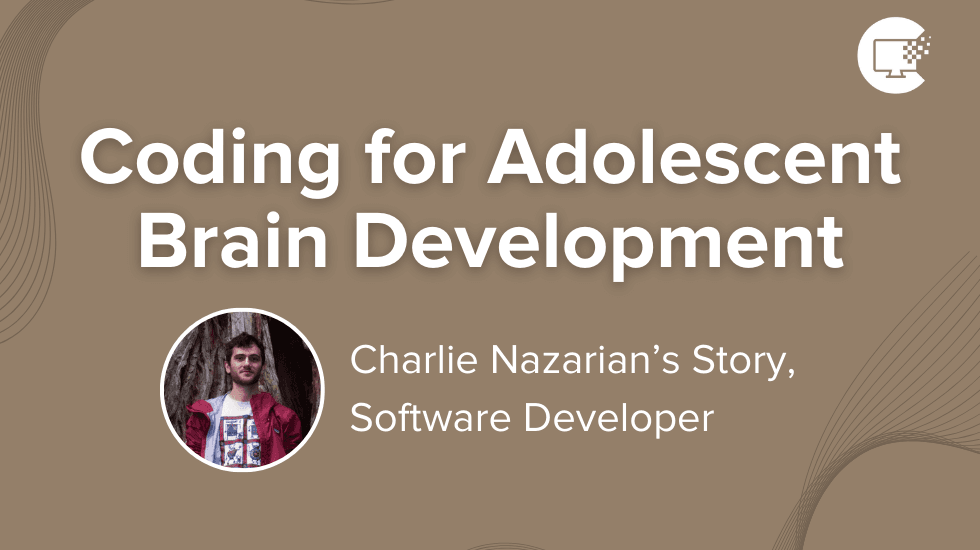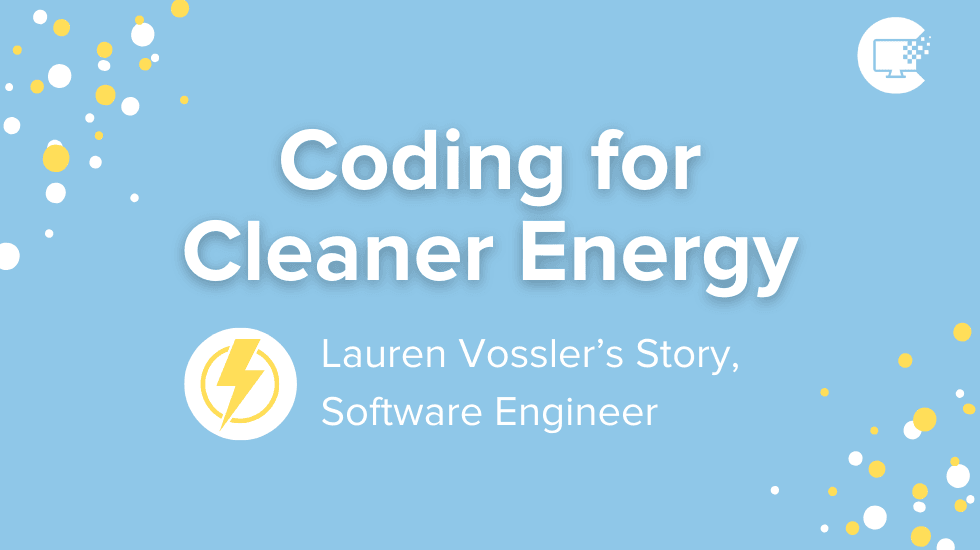Coding for Artificial Intelligence
By Jay Hack

Meet Jay Hack. Jay has been interested in Artificial Intelligence since middle school, and after teaching himself how to code, he stumbled upon a book called “Godel Escher Bach.” This book helped him understand the nature of intelligence and how to create systems capable of thought, solidifying his interest in the field of AI.
He had an opportunity to work in an AI lab during high school and continued hacking and creating projects of his own throughout college. Upon graduation, he found a machine learning job and continued growing his skills, leading to Jay building a successful startup that applies machine learning to making beauty shopping more personalized. Fast forward to today and Jay is already working on his next startup idea.
We asked Jay several questions about his current role and advice he would give to young coders.
What do you work on?
At the moment I’m gearing up for my next startup. I’ve become very interested in codegen, or the application of so-called “generative AI” to generating code. There are a ton of interesting applications there, including using AI to generate documentation for code, using AI to generate tests for code, using AI to review your code, and much more — I really think this technology has the potential to move humanity forward. You can see examples of some of my recent projects, including an interface that allows you to enter textual commands in order to modify Figma designs!
How do you use coding in your industry/projects?
As an entrepreneur coming up with new ideas, I code every day — make prototypes, use code to see how other peoples’ services work, and more. Practically speaking, the best way to figure out if an idea is something people actually want is to make a very basic version of it and put it in front of potential users; if they want a better version of it, you should make it. I make a prototype every week or so using code, put it out there in the world and see how people respond to it.
What tools and programming languages do you use?
My favorite stack right now is:
- Python (+numpy, scipy, pytorch, jupyter, fastapi)
- Typescript
- React + Next.js/Remix
- Postgres/Supabase
- Tailwind.css
- OpenAI APIs
- VSCode
- Pycharm
Any insights for young aspiring coders?
The way that programming is done in 5 years will look very different than it did two years ago — AI and codegen are going to make many of the rote/boring parts of coding automated and the role of the software engineer will shift. Nobody knows exactly what the landscape will look like in a few years, but a few things are certain: programmers will be more productive, AI and humans will work in collaboration, and our software tools will change as a result. I’d recommend spending as much time as possible learning about these new technologies and how you can use them in your own workflow, such as Github Copilot and Replit’s Ghostwriter.
When not working on coding, Jay enjoys skiing, lifting weights, and reading books on history, economics, geography, and geopolitics.

Interested in utilizing this resource in your elementary classroom? Check out our elementary version of this blog here. Comprehension is designed for upper elementary independent reading (Lexile level no greater than 1000), or guided reading for younger students.


